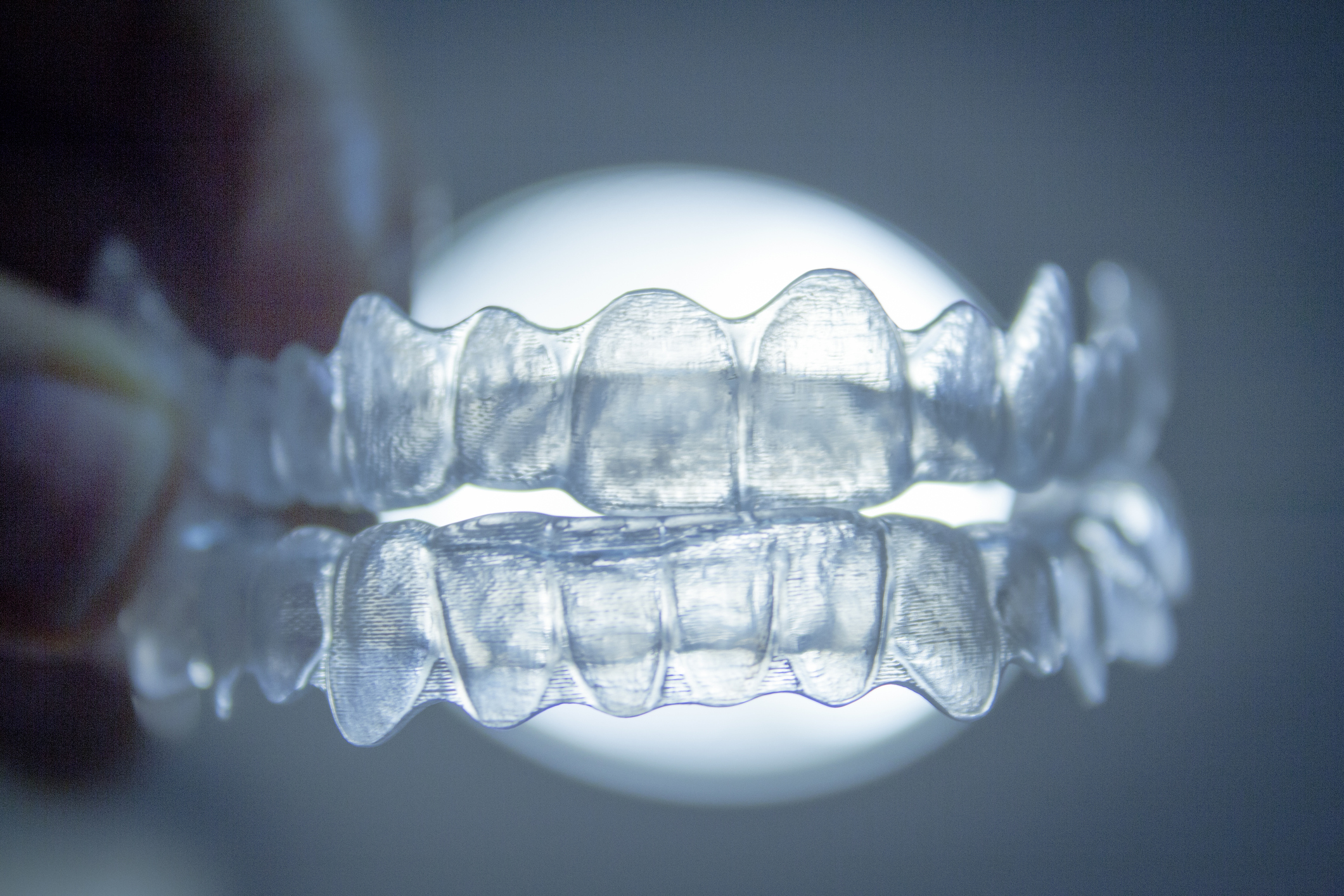Approaching a new year, no matter what our age, we reflect on how we can make the most of a fresh slate and cliché as it may sound, put our best selves forward. Older adults are continuing to remain physically and socially active well into old age and many seniors over 65 remain in the workforce where they may feel a little pressure to maintain a youthful appearance.
Staying fit and active, eating a healthy diet and perhaps visiting a talented colorist all keep older adults looking and feeling their best but lately you may have noticed quite a few adults sporting braces or clear retainers to straighten their teeth. Teeth whitening has long been a quick and fairly inexpensive way to boost self confidence; with new and faster methods of straightening teeth, people of all ages are finally getting the smile they have wanted for years.
But not all orthodontics are purely cosmetic. With age, teeth can shift and create misalignment that can cause wearing of the enamel, joint pain, headaches and an increased risk for plaque resulting in decay where teeth may be difficult to keep clean. Nearly a quarter of all orthodontic patients are over 18 and with today’s better dental care many people keep their own teeth for a lifetime.
Cost is also a factor that explains why more older adults may be choosing to straighten their teeth. While growing up or raising a family, braces may have just been too great an expense to justify but with more affordable and less noticeable appliances, retirement-age adults may finally be able to fix their teeth and enjoy smiling again. Whether straightening your teeth offers relief from chronic pain, a boost in self confidence to start dating again or simply a reason to smile, more and more people in their 60s, 70s and even 80s are getting braces. With an average American life expectancy of 79, adults in their 50s or 60s who have been unhappy with their teeth for a lifetime can enjoy possibly decades of increased confidence in the workplace and in social settings.
To learn more about orthodontic treatment in older age, visit the American Association of Orthodontists blog here.






Add Your Voice
0 Comments
Join the Discussion